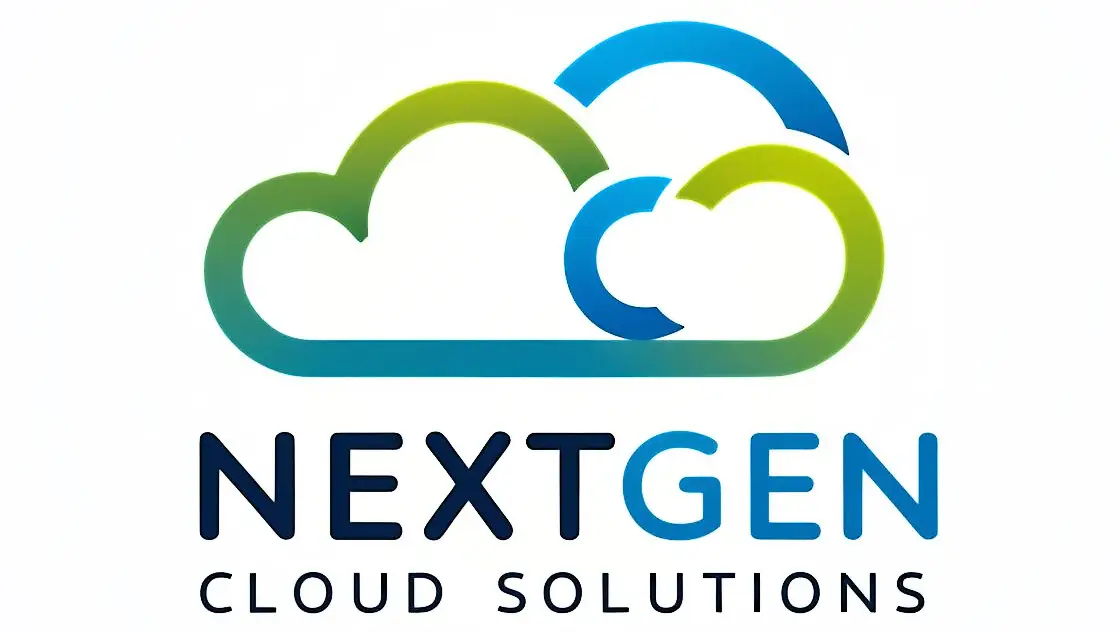In today’s digital age, businesses are increasingly vulnerable to a wide range of cyber threats, from malware and ransomware to phishing attacks and data breaches. As technology advances, so do the tactics of cybercriminals, making it more important than ever for businesses of all sizes to have robust anti-virus software in place.
In this blog post, we’ll explore the critical importance of anti-virus software for businesses, how it can protect your data and systems, and why investing in the right solution is essential for safeguarding your company’s future.
What is Anti-Virus Software?
Anti-virus software is a program designed to detect, prevent, and remove malicious software (malware) from your devices. These include viruses, worms, trojans, spyware, and ransomware. The software works by scanning files, programs, and applications for known threats, blocking potentially harmful activity, and removing malicious files from your system.
Why do businesses need anti-virus software? Because cyberattacks are becoming increasingly sophisticated, traditional security methods—such as firewalls and basic security practices—are no longer enough. Anti-virus software provides an additional layer of protection to defend against online threats, helping businesses maintain their operations without interruption.
1. Protection Against Malware and Viruses
The most common reason for installing anti-virus software is to protect your business from malware and viruses. Cybercriminals frequently use malware to infect business systems and steal sensitive data, compromise customer information, or disrupt business operations. Without anti-virus software, your systems are vulnerable to these threats, which can cause major damage to your business.
Anti-virus software scans your files and programs for potential threats in real-time, ensuring that malicious files are detected and neutralized before they can cause harm.
Tip: Regularly update your anti-virus software to ensure it has the latest virus definitions to protect against new and evolving threats.
2. Safeguard Sensitive Data and Customer Information
For most businesses, data is the lifeblood of their operations. Sensitive customer data, financial records, intellectual property, and employee information need to be protected at all costs. Cybercriminals often target businesses for the valuable data they store, and a breach can lead to significant financial loss, legal ramifications, and damage to your reputation.
Anti-virus software helps safeguard sensitive data by identifying and blocking malicious activities that could result in data breaches. It also prevents unauthorized access to your systems, ensuring that only trusted users and applications are allowed to interact with your data.
Tip: Ensure your anti-virus solution includes features like data encryption and identity theft protection for added security.
3. Prevent Ransomware Attacks
Ransomware is one of the most damaging and growing cyber threats to businesses worldwide. In a ransomware attack, cybercriminals encrypt your data and demand payment (often in cryptocurrency) in exchange for the decryption key. Without anti-virus software, your business is at risk of falling victim to these attacks, which can result in data loss, significant downtime, and costly ransom payments.
Anti-virus software can help prevent ransomware attacks by identifying suspicious activity and blocking malware before it can encrypt your files. Additionally, many anti-virus solutions now offer real-time ransomware protection, preventing malicious files from locking your data.
Tip: Implement a backup strategy alongside anti-virus software to ensure that even if you’re targeted by ransomware, your data can be restored without paying the ransom.
4. Protect Against Phishing and Social Engineering Attacks
Phishing attacks, where cybercriminals impersonate legitimate businesses or individuals to steal sensitive information, are on the rise. Anti-virus software can protect against phishing attacks by identifying suspicious links or fake websites and alerting users before they click on them. Some advanced anti-virus solutions also include email filtering to block phishing emails before they even reach your inbox.
Educating your employees about phishing is important, but anti-virus software provides an added layer of defense by preventing the most common types of phishing scams.
Tip: Invest in an anti-virus solution with email protection features to automatically detect and block phishing emails.
5. Minimize Downtime and Business Disruption
A cyberattack or malware infection can severely disrupt your business operations. Whether it’s downtime caused by system outages or a complete loss of access to essential data, the impact of a cyberattack on your business can be devastating. Anti-virus software helps minimize downtime by proactively protecting your systems and enabling faster recovery from attacks.
In the event of an attack, many anti-virus programs can quickly detect and remove the malicious software, ensuring that your systems are up and running as soon as possible. This allows you to maintain business continuity without prolonged disruptions.
Tip: Choose an anti-virus solution that offers real-time scanning and automatic updates to ensure continuous protection.
6. Enhance Employee Productivity and Reduce IT Costs
Cyberattacks can not only result in lost data but also divert your IT resources away from critical business functions. When malware infects your systems, it often requires hours of IT intervention to resolve the issue, reducing productivity and incurring additional costs.
By installing anti-virus software on all business devices, you can prevent infections before they escalate, reducing the burden on your IT department and enabling them to focus on more important tasks. This ultimately helps lower IT support costs and keeps your team productive.
Tip: Ensure your anti-virus software includes automatic updates and scans, so you don’t have to worry about manually updating it.
How to Choose the Right Anti-Virus Software for Your Business
When selecting an anti-virus solution for your business, consider the following factors:
- Comprehensive Protection: Choose software that offers protection against a wide range of threats, including viruses, malware, ransomware, and phishing attacks.
- Ease of Use: The software should be easy to deploy, manage, and update, without requiring excessive IT resources.
- Scalability: As your business grows, your anti-virus solution should be able to scale to accommodate new devices and users.
- Customer Support: Look for a provider that offers excellent customer support to help resolve any issues quickly and efficiently.
- Cost-Effectiveness: While protecting your business is critical, ensure that the anti-virus solution fits within your budget.
Conclusion: Don’t Let Cyber Threats Put Your Business at Risk
Cybersecurity threats are real, and the consequences of a breach can be devastating. Anti-virus software is a vital part of your business's security strategy, providing essential protection against malware, ransomware, phishing, and other cyberattacks. By implementing a comprehensive anti-virus solution, you can safeguard your data, protect your systems, and ensure the continuity of your operations.
If you’re ready to enhance your business’s cybersecurity, NextGen Cloud Solutions offers robust anti-virus solutions tailored to meet your needs. Contact us today to learn how we can help protect your business from the ever-evolving landscape of cyber threats.

